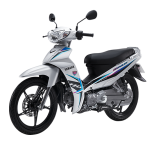Chúng tôi cung cấp dịch vụ
- Giao xe tận nơi khu vực Tp Huế
- Phục vụ nhiệt tình, chu đáo.
- Xe luôn mới sạch + MBH + 1 lít xăng + áo mưa (nếu trời mưa)
Chất lượng dịch vụ
- Dịch vụ cho thuê xe máy tại Huế, cho thuê các loại xe tay ga, xe số chất lượng cao.
- Thường xuyên được bảo dưỡng, rất an toàn và dễ sử dụng quý khách hoàn toàn yên tâm khi sử dụng thuê xe.
- Ngoài ra, chúng tôi có thể giao xe miễn phí đến tận Ga Huế; riêng các bến xe, sân bay Phú bài có tính thêm phí.
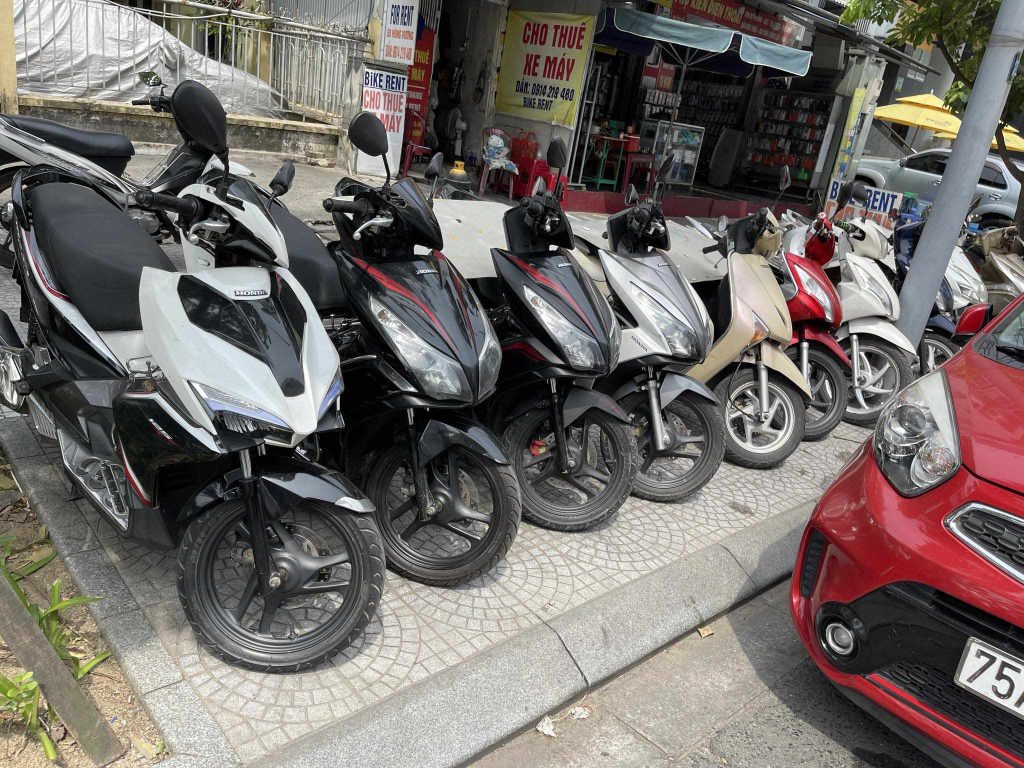
LIÊN HỆ
BẢNG GIÁ
– Giá thuê xe số: 80.000đ – 100.000đ/ngày
– Giá thuê xe tay ga: từ 120.000đ – 150.000đ/ngày
(Giá có thể thay đổi theo thời điểm)
*** Lưu ý:
– Thuê xe dưới 6 tiếng tính 1/2 ngày.
– Thuê xe từ 6 đến 24 tiếng tính 1 ngày
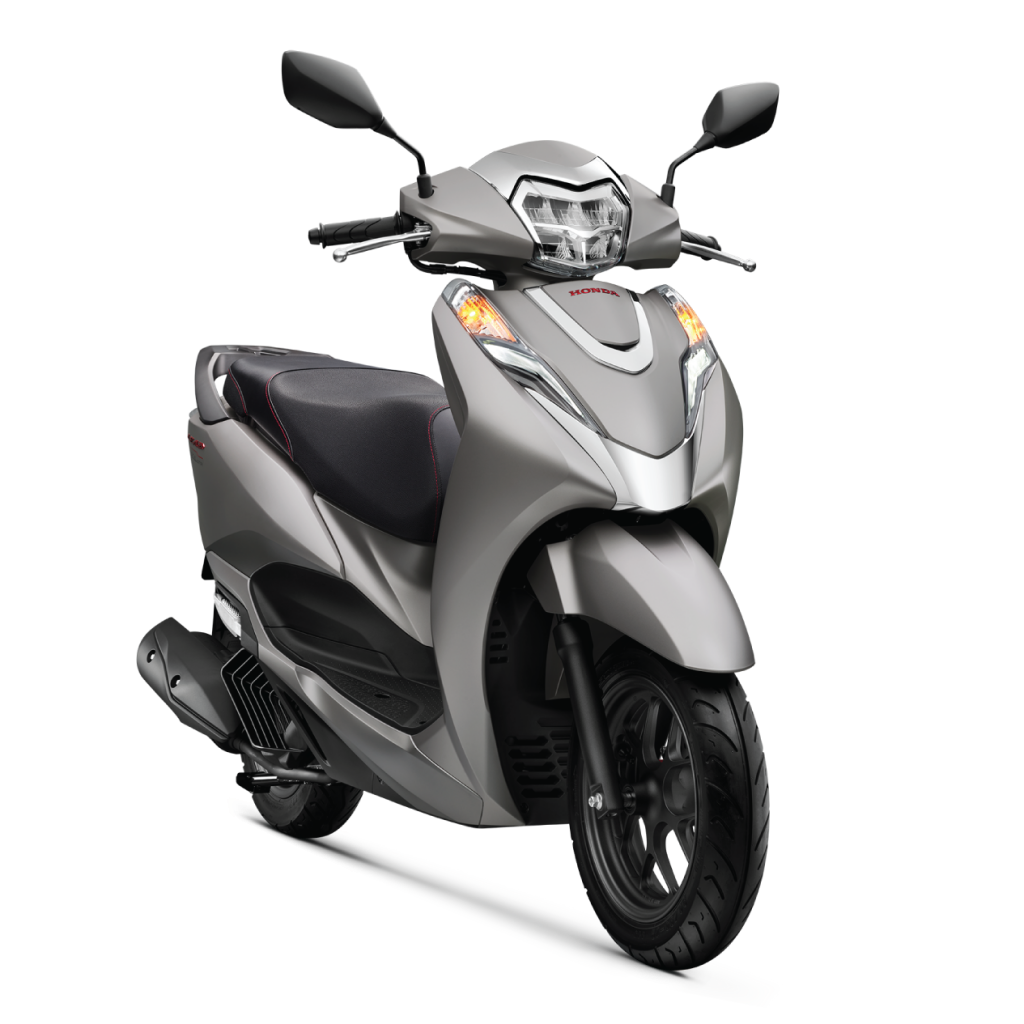
Honda Lead
120.000đ/Ngày

Yamaha Janus
120.000đ/Ngày
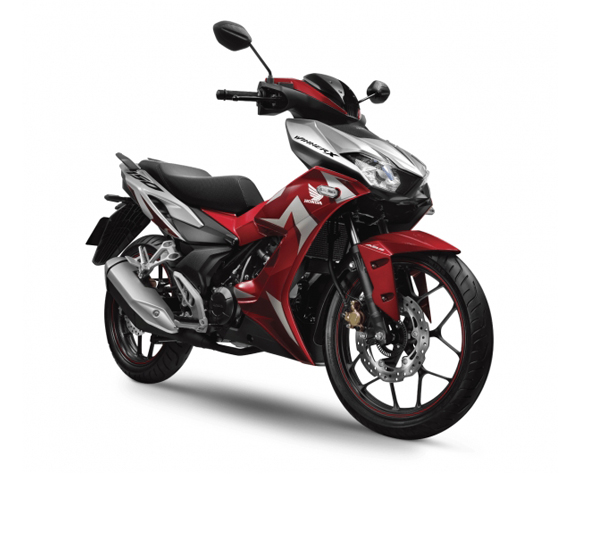
Honda Winner
150.000đ/Ngày

Honda Wave
100.000đ/Ngày
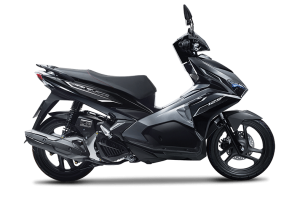
Honda Airblade
120.000đ – 150.000đ/Ngày

Yamaha Sirus
80.000đ/Ngày

Yamaha Jupiter
80.000đ/Ngày
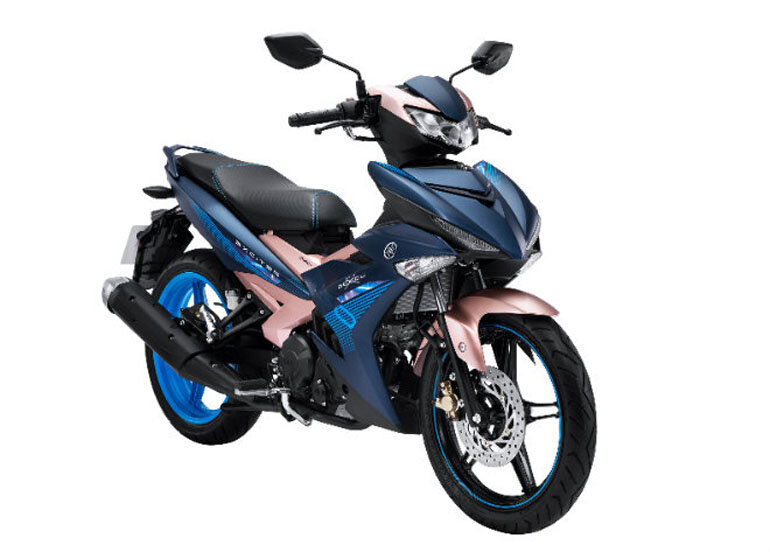
Yamaha Exciter
150.000đ/Ngày
Thủ tục đơn giản và nhanh gọn
– Chỉ cần bạn nhấc máy lên gọi 0785870421 hoặc 0775458972 chúng tôi sẽ hỗ trợ bạn 24/7.
– Với dịch vụ thê xe máy tại Huế, thủ tục thuê xe cực kỳ đơn giản.
– Quý khách chỉ cần đặt CMND, CCCD, Passport hoặc các giấy tờ thay thế khác.
Camay MotorBike
CS1: 50 Hùng Vương, Phường Phú Nhuận, TP Huế
Camay MotorBike
CS2: 29 Chu Văn An, Phường Phú Hội, TP Huế















